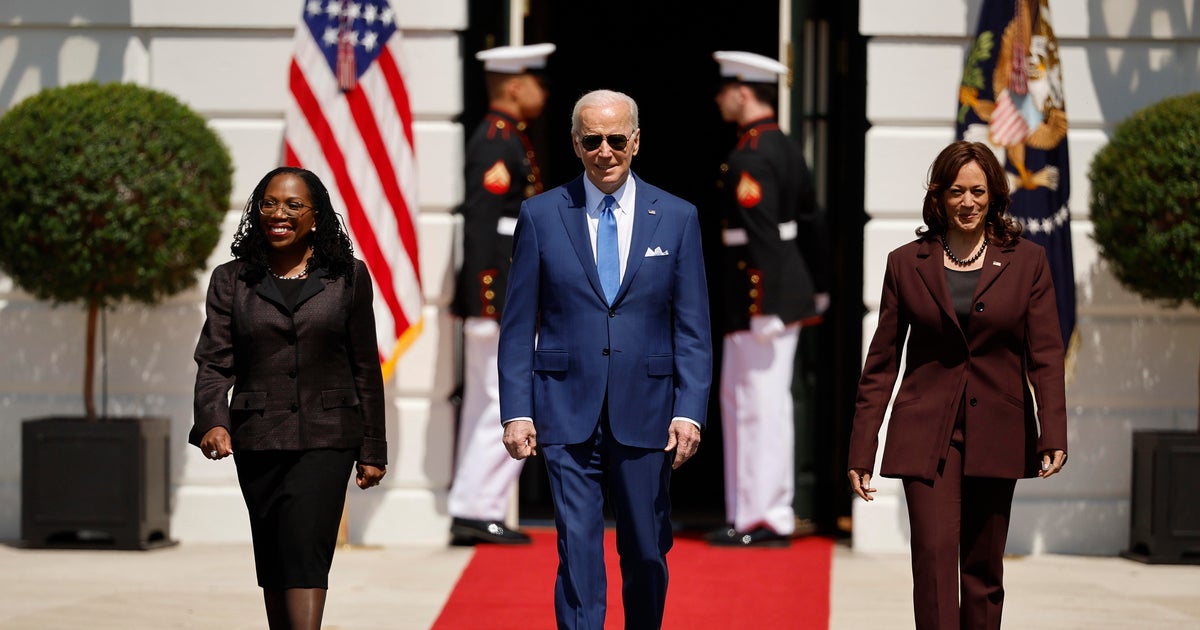Mitch McConnell on 2018 Senate races: "I don't think any of them are over"
Control of the U.S. Senate remains in flux with less than three weeks until Election Day, Majority Leader Mitch McConnell, R-Kentucky, said Wednesday.
Citing nine competitive races across the country – in Arizona, Nevada, Montana, North Dakota, Missouri, Indiana, Tennessee, West Virginia and Florida – McConnell said, "I don't think any of them are over one way or the other." In recent weeks he has described the ongoing battle for Senate control as "a knife fight in an alley" and he said again Wednesday that somewhere amid those nine races "is a majority for somebody."
"We probably have a slight edge just based on the numbers," McConnell added, likely in reference to the number of seats Democrats are defending -- 26 -- compared to Republicans, who are defending only nine.
The Senate leader spoke during an interview with national cable and network television correspondents and producers, part of an ongoing media tour in the days leading up to the midterm elections.
McConnell demurred when asked whether he agreed with President Trump, who told The Associated Press on Tuesday that he should not shoulder the blame if Republicans lose congressional control.
"We haven't had the election yet," said McConnell, who rarely publicly parts ways with the president. "After every election, whoever loses, there is a lot of finger pointing, and whoever wins, a lot of effort to take credit. I'd rather wait to see what happens. I'm hopeful that we can hold on to the majority. I'd rather be at 51 than 49, but we've got a lot of very close races and it's not over yet."
Republicans currently hold 51 seats, while the Democratic caucus holds 49. National political polling shows Republicans are strongly positioned to hold and perhaps expand their Senate majority.
As for what might happen once the elections are over, McConnell said he hopes Congress can avoid another government shutdown over spending levels. Mr. Trump is pushing for full funding of his long-promised border barrier along the U.S.-Mexico span, but McConnell would not commit to full funding.
"The speaker and I are going to try to help the president get funding for the wall for a year," he said. "Shutting down the government I think is something that's widely disliked by virtually every American and I don't think we'll end up doing that."
More long term, McConnell said he does not think the White House and Congress will tackle long-term reform of programs like Social Security and Medicare until after Mr. Trump leaves office, given that the current White House occupant promised during his 2016 campaign not to revamp those programs.
Asked if he thinks he can change the president's mind on the subject, McConnell said, "I don't think so."
"Someday we're going to have to tackle this big problem and when we do, it'll have to be tackled on a bipartisan basis," he said.
"Divided government would be the perfect time to do that. President Obama and I had a number of discussions about that during his tenure, because six of the eight years he had we had divided government. For a variety of different reasons, we didn't get the job done," he said.
Over the course of the 35-minute exchange, McConnell was asked several hypothetical questions about the potential for divided control of Congress – with Republicans presumably holding the Senate and Democrats retaking control of the House. Repeatedly, he declined to entertain the notion.
"I'm hoping we don't have to deal with a Democratic House," he said. "That would not be a welcome development. And my hope is that we'll have a Republican Senate."
Bo Erickson contributed to this report.



